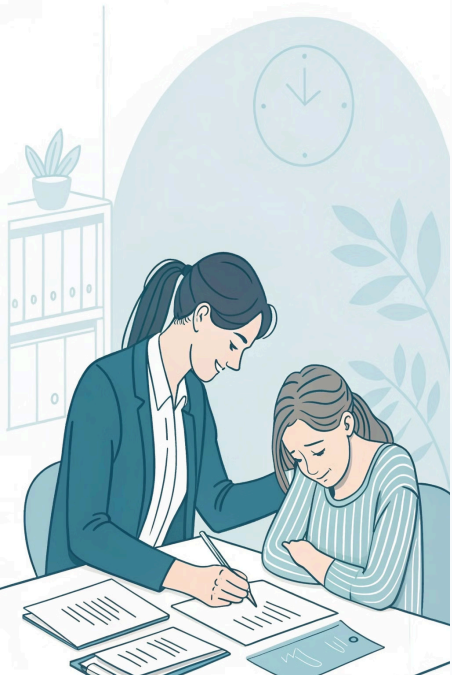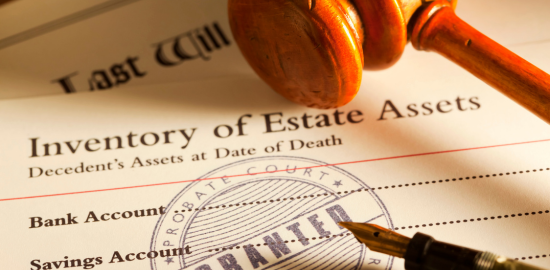For most people, pets are more than just animals—they’re companions, loyal friends, and beloved members of the family. Even if you don’t see your pets quite that way, it’s natural to want to ensure that they are looked after in the future.
Planning for your pet’s care after your death is an important step in safeguarding their welfare. Since animals can’t advocate for themselves, it’s up to you to put proper plans in place.

This guide outlines the ways you can make provision for your pets through your Will.
By Stephanie Breeden
Can I Leave Money Directly to My Pets?
No – the law in England and Wales does not allow animals to be named as beneficiaries in a Will. You can only leave gifts of money or property to human individuals or legal entities, such as companies or charities.
Legally, pets are considered part of your estate’s assets. So, if you try to leave something directly to your pet, that gift will fail, and the money or property will instead form part of your residuary estate to be divided among your other beneficiaries.
What Can I Do Instead?
While you can’t leave money to your pet, you can set up a Trust for their care.
In doing so, you would appoint one or more Trustees to manage the money on behalf of your pet. The Trustees will have the authority to use the funds for the pet’s upkeep in line with your wishes.
To help guide your Trustees, it’s advisable to include a Letter of Wishes with your Will. This document can explain how you would like your pet to be cared for and how the money should be used, giving clarity and reassurance to those carrying out your wishes. Please note, a Letter of Wishes is not a legally binding document; it is merely guidance for your Trustees/Executors.
How Much Should I Leave for My Pet’s Care?

There’s no legal cap on the amount you can leave in a Trust, but it must be reasonable.
To avoid issues, consider including a clause in your Will specifying where any unused funds should go after your pet passes away. You might choose to name a family member, a friend, or perhaps an animal charity, offering a meaningful legacy in your pet’s name.
Who Will Look After My Pet?
It can be a great comfort to know someone will step in to care for your pets when you’re no longer able to.

You can name a trusted person—often a family member or friend—as the new carer and leave them a financial gift to support the pet’s ongoing needs.
Alternatively, you may wish to leave your pet in the care of a charity. For example, if you own a Spaniel, you could name Spaniel Aid to take responsibility and rehome your dog with breed-specific care. Larger organisations such as Dogs Trust or Cats Protection also run schemes to care for and rehome pets.
In such cases, you may wish to leave a donation to the charity as a gesture of thanks for their help in rehoming your pet.
What happens if a pet provision is not made within my Will?
Without specifying your wishes and instructions within your Will regarding your pet, unfortunately, your pet could potentially have an uncertain future.
The Executor of your estate may have to make the difficult decision regarding your pet’s welfare. Without your Executor knowing your wishes, this could result in your pet being taken to an animal shelter or being rehomed with somebody you would not have chosen.
How Can Hall Reynolds Help?
We understand that making legal arrangements—especially those involving beloved pets—can feel overwhelming. At Hall Reynolds, we’re here to offer clear, supportive advice without the legal jargon.
If you’d like guidance on anything covered in this article, please don’t hesitate to get in touch. We are a traditional law firm based in Bidford-on-Avon and Stratford-upon-Avon, offering friendly, practical legal support you can rely on.



 Notify Family and Close Friends
Notify Family and Close Friends Contact a Funeral Home
Contact a Funeral Home Notify the Person’s Doctor (if applicable)
Notify the Person’s Doctor (if applicable) Arrange for Immediate Care of Pets or Property
Arrange for Immediate Care of Pets or Property











